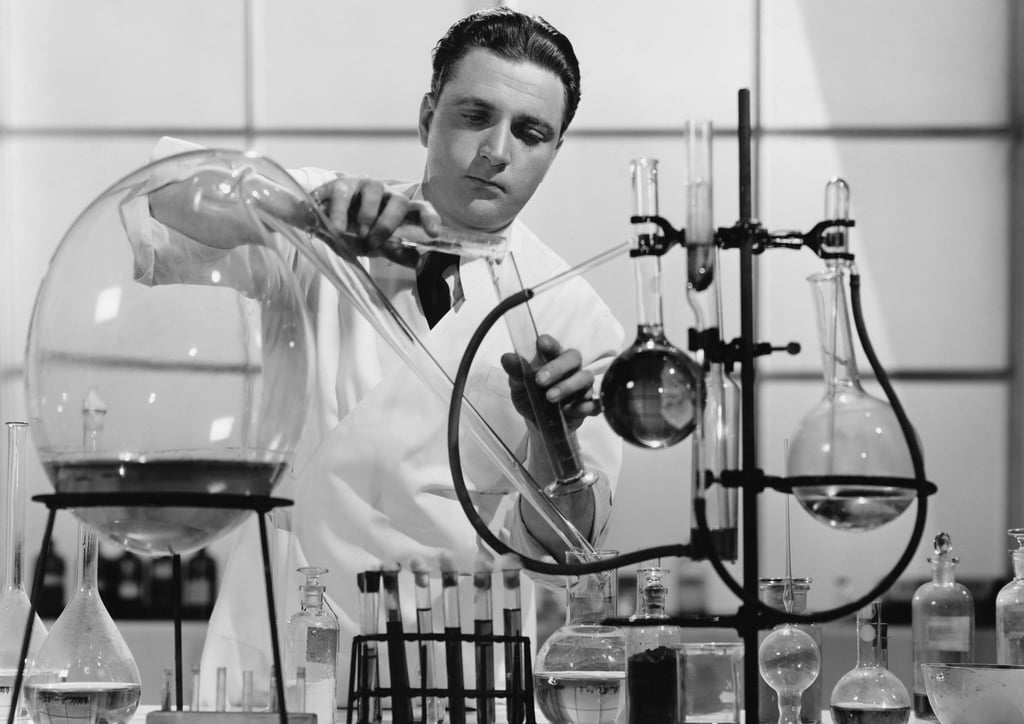When the day comes that we’re able to re-inhabit our workplace, we will be changed. The organizations that take advantage of this opportunity to learn and test will be transformed.
The heart of our Advance Strategy practice is the belief that in order to find the most impactful solutions we have to understand that we are just one cog in the wheel of a very complex system. Solving any problem that really matters involves understanding these complex systems - and these complex systems, as systems scientist Peter Senge reminds us, don’t always behave as predicted.
The tools and methods we use to explore impactful solutions involve identifying small scale, low cost, low risk “experiments” to test assumptions and ultimately, recommendations. These prototypes help our clients test what works and what doesn’t and then scale the solutions within their organizations.
Resistance to Change is Human Nature
No matter how successful a prototype may prove - it’s cost-effective, optimizes available space, provides the right mix of elements for desired use - we very often encounter resistance when the time comes to scale the solution to the whole organization. Nowhere is this more evident than in our work with clients in the technology, research and healthcare sectors. Our recommendations invariably propose a degree of agility, based on the evidence that work is something you do - not a place you go. When the time comes to build out the space with fewer private offices, more social space, lower desk to person ratios, no formal boardroom, or whatever the findings suggest, our clients very often balk and wholesale rethinking and we reach a compromise between the recommendation and more of what we had before.
Why does this happen? Resistance to such change often is expressed as concern about the ability to assure that work is being done correctly (my British colleague refers to this as the “bums-on-seats” metric), worries that employees won’t adapt, or simply reluctance to push through even more change when companies are constantly needing to respond to exponential macro change-drivers. Humans always have, and always will, take comfort in the familiar. The net result is that very few organizations have been able to realize the full potential that new strategies offer.
“It’s life, Jim, but not as we know it”
Then our world changed overnight. We’ve been thrown into a living prototype of a new way of working. Many are struggling, some are resisting, others are relishing the change - but all of us are adapting. This pandemic is accelerating the change that our small-scale prototypes could only offer teasing glimpses of.
There is widespread consensus that we will not go back to pre-COVID-19 practices. Our minds are open, our fetters to what worked in the past have been cut - we have a tremendous opportunity to create something better than what we had before.
Transformation begins with Insight
The start of any Advance Strategy endeavor begins with observation and inquiry. We are all collectively in the middle of a powerful learning experience. This is our chance to note what works and what doesn’t and challenge old assumptions. Here are four things your organization has the opportunity to re-examine:
- Are we sacrificing any sacred cows? Are there any aspects of our work that we always assumed essential or required that no longer seem important - or even relevant? If so, what is it - and what virtual workaround has superseded it?
- Are we carrying around any relics of our industrial forebears? Do we believe that Productivity requires “bums-on-seats”? Are we managing people, or outcomes? What are the metaphors we find ourselves using to help us find our way in unfamiliar settings?
- How are our teams innovating in virtual space? In what new ways are we teaming effectively? How are leaders leading in the virtual environment? What new practices are emerging?
- Finally, what are we doing to maintain and enhance organizational cohesion? How are we improvising virtual expressions of brand, ethos and culture? What makes us...us in virtual space?
What we are learning can be tested and then honed through further refinements to our prototypes. We are living this every day. Prototypes improve through multiple iterative cycles. The power of prototyping is in its iterative nature. This approach can lead to breakthroughs – conceptual as well as operational.
We have been given the gift of a living prototype and the opportunity to leverage this experience to reinvent ourselves and our organizations.
Thriving in a new Virtual/Analog Space Hybrid
The organizations that leverage this time of experimentation best will be the ones that thrive in the new virtual/analog space hybrid. Their talent will toggle seamlessly between virtual and physical environments, intuitively choosing the optimal channel - we will have transcended work as we’ve known it.
Many new things become possible.

